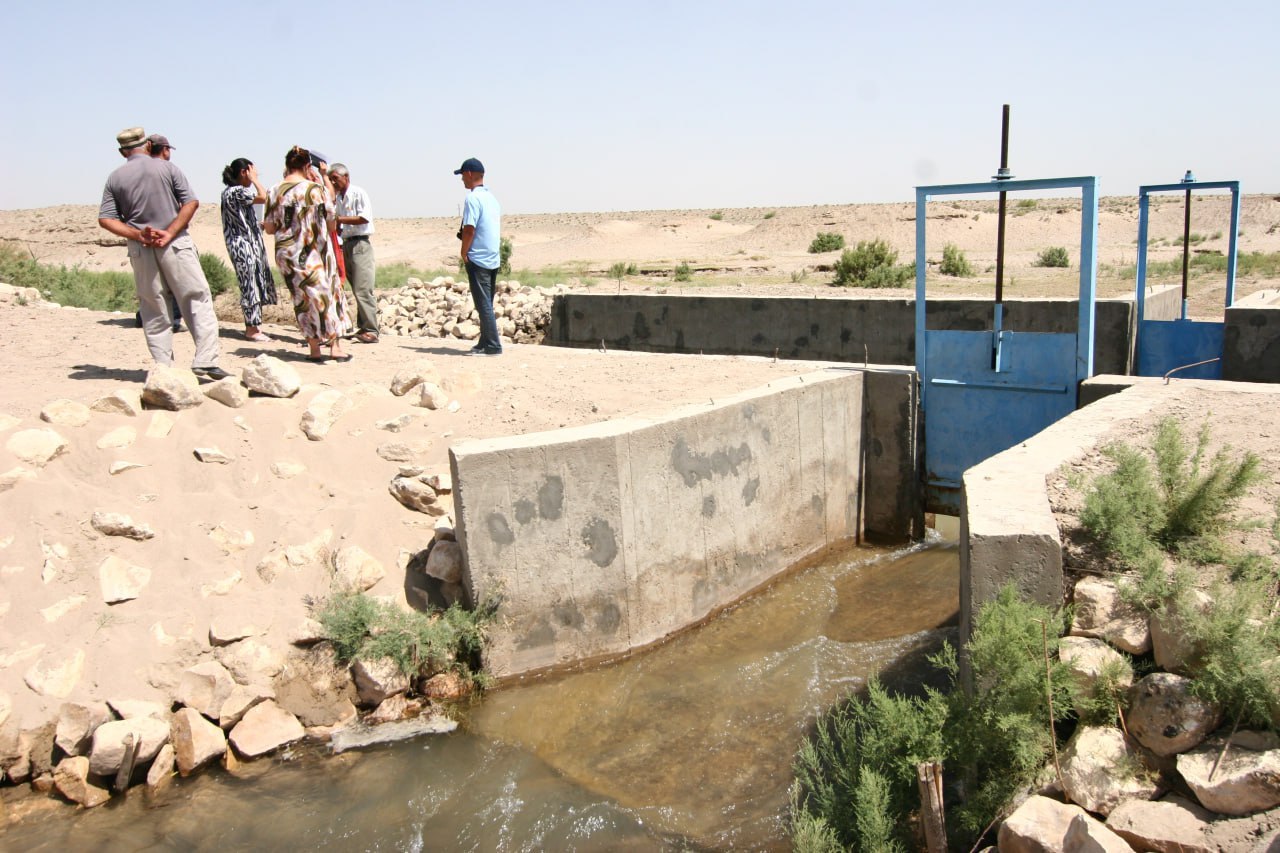In Tajikistan, specialists are leaving the important sphere of land reclamation and irrigation due to low salaries. In the last five months alone, 1,000 employees of the Land Reclamation and Irrigation Department (LRID) in Sughd Province have quit their jobs. That could mean trouble for the agricultural sector sooner rather than later.
As Asia-Plus reports, subordinate enterprises under the Land Reclamation and Irrigation Agency are among the main debtors to the tax authorities. Their debt at the beginning of the year is 83.8 million somoni ($7.7 million) – and more than 80 million also belongs to the energy sector. For the first quarter of 2024, the Agency’s wage arrears amounted to about 1.7 million somoni.
“This is primarily due to the fact that water users do not pay or delay payment for reclamation services. Today, the debt of water users amounts to 95.6 million somoni,” according to the Soghd regional leadership.
More than 5,600 people work in Tajikistan’s land reclamation and irrigation sector. The average salary of employees is about 850 somoni per month ($78), and in the regions that salary hasn’t been paid for months. Only during the irrigation season can employees of local water management organizations go to the fields and collect money for irrigation services rendered. Those proceeds often pay rank-and-file workers’ salaries. In order to pay their employees, managers of local water management organizations let them use equipment (excavators, tractors, trailers, etc.) that’s available in order to make money.
There are 779 units of machinery of different brands on the balance sheet of the subordinate enterprises of the Agency, 350 of which are so outdated they are no longer suitable for use.
The sad state of affairs in the Land Reclamation and Irrigation Agency and its subordinate organizations has become a key reason for the mass departure of employees As a consequence, the Agency is facing a crippling staff shortage, with some water pumping stations employing 5-6 people instead of the 18 needed.
The department plans to increase salaries for its specialists – especially young personnel – at the expense of payments for water supply. However, most water consumers are also unable to pay for irrigation, thereby threatening the wage increases before they even begin – meaning both problems may yet persist in tandem.



